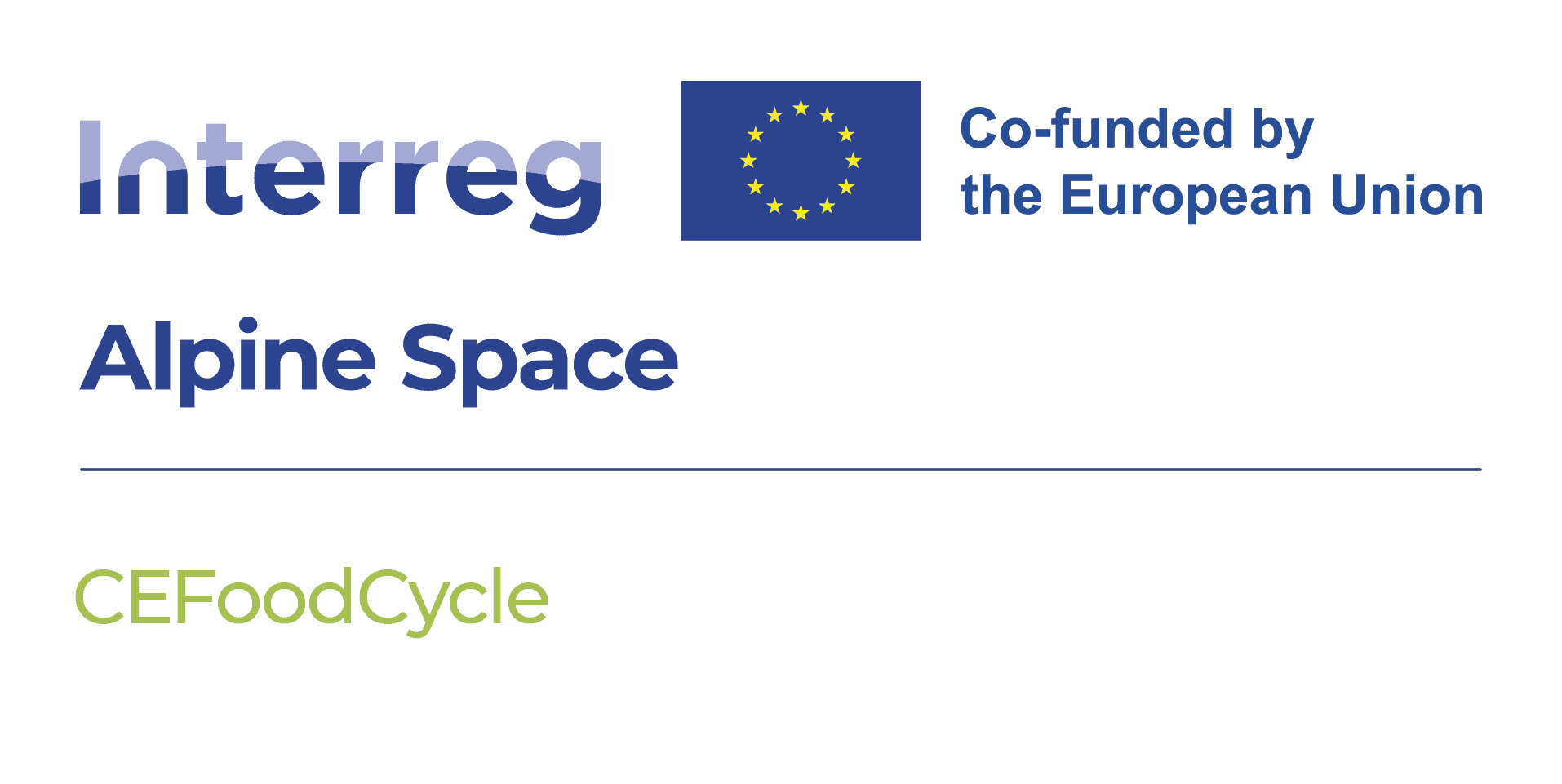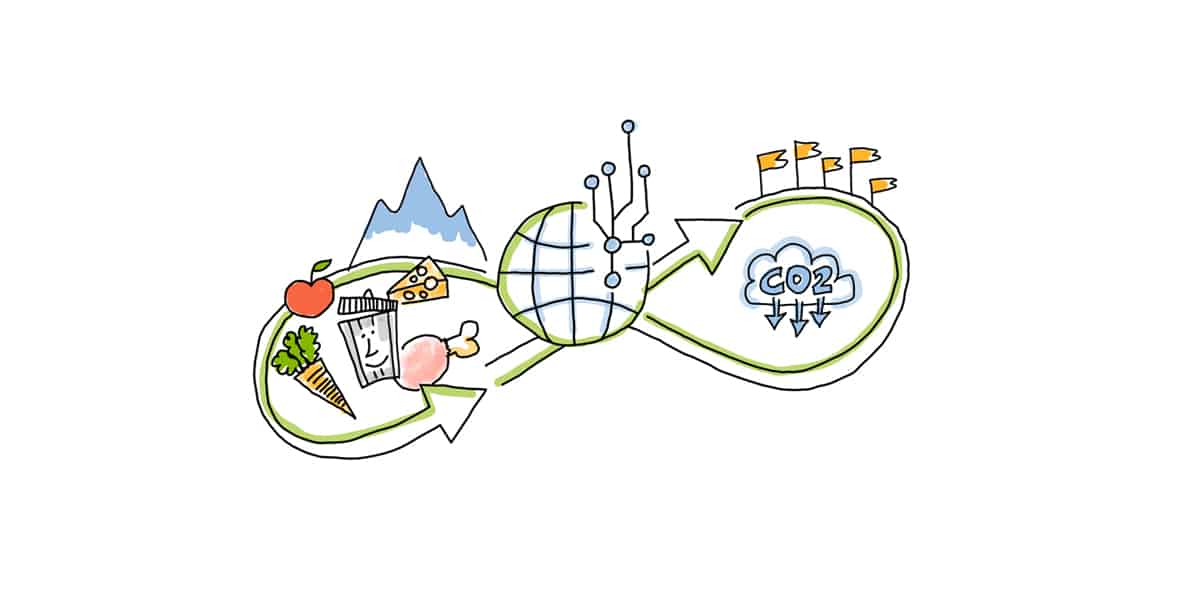
Overview
To tackle food waste, for instance in the hospitality sector, there is a great potential for resource related to food overproduction or packaging. The overall objective is the implementation of Circular Economy Hubs in the food sector in five alpine pilot regions to identify potentials for food waste and CO2 reduction. The involved actors benefit from know-how transfer, networking as well as the use of a digital, intelligent decision support system based on Life-Cycle-Assessment indicators. The activities are aimed at directly and indirectly involved stakeholders in food cycles such as manufacturing companies, trading companies, the hotel industry, but also energy providers. The project will enable different stakeholders to take into account resource and CO2 savings and strengthen sustainable and circular economic competitiveness in the Alps.
Factsheet
- 2021 – 2027
- Carbon neutral and resource sensitive Alpine region
- SO 2.2 - Promoting the transition to a circular and resource efficient economy
-
- AG6 Natural resources
- 11/2022
- 10/2025
- 2.386.438 EUR
- 1.789.828 EUR
Outcomes
-
Alpine-wide methodology of LCA indicators in defined food streams
Consolidation of already existing LCAs to track ecological and C02 implications of food production, distribution and waste, leading to the development of a comprehensive and replicable LCA methodology to assess food streams in defined food product categories. Regional specifics are considered, stakeholders inside and outside the respective food streams identified in order to close food cycles. Provides the baseline for AS common methodology implementation for piloting closed food cycles. -
Establishment of Circular Food Hubs
This output is devoted to exploiting the project results/ achievements. Exploitation plan is produced in the first year and is constantly updated during the course of the project to ensure that the results of the project and the relevant associated initiatives are successfully conveyed to the appropriate stakeholders, to the public and international community. A main focus is also laid on the appropriateness of information for local users (language, accessibility, pre-information). -
User-friendly Intelligent Digital LCA Service System (IDLCASS)
IDLCASS is an AI-powered platform that evaluates and measures food resource impact on CO2 emission throughout food streams based on existing and newly collected data. Data analytics in food waste and re-use potential help moving towards closed food cycles and reap best decisions in terms of quality and reliability. IDLCASS is based on a secure software to protect IP and user data. Integration of tool chains supports CE-based decisionmaking by integrating stakeholders' own cost structures. -
Pilots of smart, closed food cycles (CEFoodCycles)
Participatory tools such as workshops or innovation labs that allow relevant stakeholders along the defined food stream (within selected product categories) to get to know each other; exchange relevant CE experiences and identify pressure points needed to develop new circular business solutions. Also, in-depth analysis of their business models will allow to identify (digital) information points needed to develop LCA standards and digital operating system. -
Policy Recommendations
Promotion of the use of regional products and waste reduction through capitalization, awareness raising and networking for CE-based solutions and the role of digitization tested in CEFoodCycle pilots. Suggestion of policies for political framing approaches at regional and national levels, based on the results of project pilots, to contribute to a just transition towards circular economy for all stakeholders along the cross-regional food chain. -
IDLCASS Network Established
Participatory processes in each phase of the project favors sustainability of results and outputs beyond the end of the CEFoodCycle project. Stakeholders along the food value stream across countries / local communities are engaged in addressing circular economy and food waste management through a bottom-up approach. By disseminating CEFoodCycle experiences and sharing know-how / results with other regions, municipalities and communities help mutual learning among users and policy makers.
Gallery
Downloads
-
Comparability of Life Cycle Analysis Studies on Food Waste and Food Products. A Review on the current Status of Food Waste Life Cycle Analysis and the used Methodology.Download
-
All information on the CEFoodCycle Award (application possible until the end of March 2024) in English.Download
-
All information on the CEFoodCycle Award (application possible until the end of March 2024) in German.Download
-
Submission form (English version) for the CEFoodCycle Award (application possible until the end of March 2024).Download
-
Submission form (German version) for the CEFoodCycle Award (application possible until the end of March 2024).Download
Project calendar


